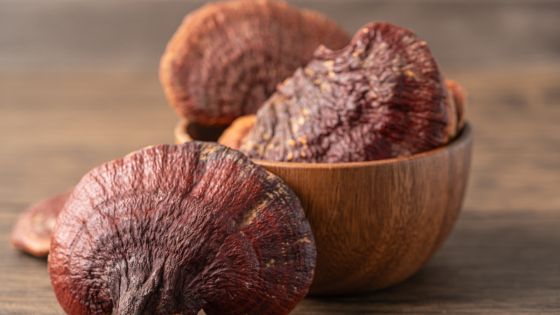Fungotherapy, a term that might seem unfamiliar to many, refers to the therapeutic use of mushrooms in medicine. This practice, deeply rooted in ancient traditions, is now gaining traction in the modern wellness and medical communities for its potential benefits. Mushrooms, with their complex biochemical makeup, offer a range of health-promoting properties that scientists and practitioners are eager to explore. Among the most notable species in this domain are amanita muscaria (fly agaric), lion’s mane, cordyceps militaris, reishi, and turkey tail, each with its unique contributions to health and well-being.
Amanita muscaria, commonly known as fly agaric, has a history of use in shamanic rituals due to its psychoactive properties. While not typically used in conventional medicine due to its potent effects and potential toxicity, it underscores the diverse potential of mushrooms in various cultural and therapeutic contexts. On the other hand, lion’s mane is celebrated for its nerve growth factor (NGF)-stimulating properties, showing promise in neuroprotection and cognitive enhancement. Similarly, cordyceps militaris is revered for its energy-boosting and anti-fatigue effects, making it a favorite among athletes and those seeking to enhance physical performance.
Reishi, dubbed the “mushroom of immortality,” is perhaps one of the most extensively studied mushrooms for its immune-modulating and stress-reducing effects. Its adaptogenic properties, akin to those of ashwagandha, another renowned adaptogen, make reishi a staple in stress management and longevity protocols. Chaga and turkey tail, meanwhile, are prized for their high antioxidant content and potential in supporting cancer therapy, particularly in enhancing the efficacy of chemotherapy and reducing its side effects.
The methods of administering these medicinal mushrooms vary, with powder, capsules, and dried caps being the most common forms. This flexibility in form allows individuals to easily incorporate them into their daily routine, whether by adding mushroom powder to their morning smoothie or taking capsules as dietary supplements. The practice of microdosing, especially with substances like psilocybin (not traditionally included in fungotherapy), has also drawn attention for its potential to address mental health issues, demonstrating the wide-ranging applications of mushrooms in medicine.
For those interested in exploring the benefits of medicinal mushrooms, it’s important to choose a reputable source. One such recommendation is to choose a medicinal mushroom at https://mushroommother.com/, a platform dedicated to providing quality mushroom-based products. The website offers an array of options tailored to various health needs, from immune support to cognitive enhancement, ensuring that users can find the right mushroom for their specific health goals.
In conclusion, the use of mushrooms in medicine, or fungotherapy, represents a fascinating intersection of ancient wisdom and modern science. With ongoing research uncovering the profound health benefits of mushrooms, from lion’s mane’s cognitive benefits to reishi’s adaptogenic properties, this natural therapy holds promising potential for addressing a wide array of health concerns. As the field continues to evolve, it will be exciting to see how these ancient organisms can contribute to the future of medicine and wellness.




















